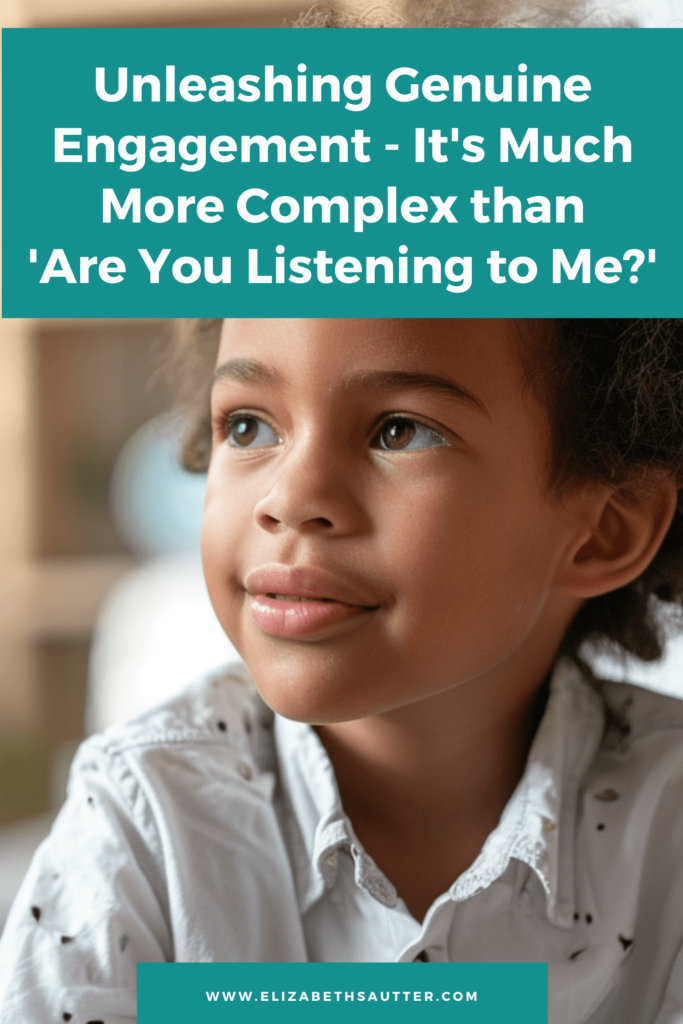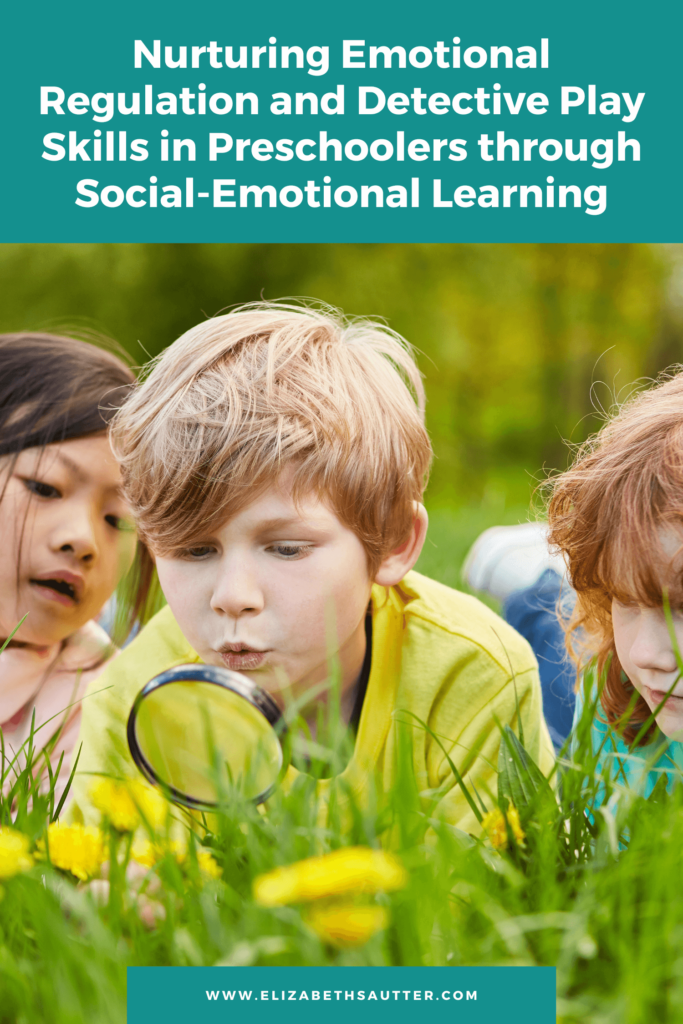From Morning to Night: Incorporating Social Emotional Learning in Homeschool

Navigating the world of homeschooling can be as rewarding as it is challenging, particularly when it comes to incorporating social emotional learning (SEL) into the daily curriculum. In the latest episode of our podcast, “The OT is in,” we had the pleasure of speaking with Elizabeth Sautter, an expert in social emotional learning and a […]
Understanding the Impact of Stress, Grief, Trauma, and Overwhelm on Executive Functioning

Over the past two years, the stress has been even more intense than usual. I could go on with the various reasons but one of the biggest has been caring for my mom, who recently passed away. This personal journey of grief and responsibility has been incredibly challenging, especially as I approach the second anniversary […]
Embracing Neurodiversity: Nurturing Unique Strengths While Prioritizing Self-Care

In our wonderfully diverse world, the concept of neurodiversity lights up the incredible spectrum of how our minds work. As a mom of two amazing sons who are wonderfully unique in their own ways, I’ve come to understand the depth of this journey. It’s not just about nurturing their strengths and passions; it’s about weaving […]
Stress-Free Morning: 9 Secrets to Calmer Mornings with Your Neurodivergent Child

Mornings can be hectic for any family, but for those with neurodivergent children, they can involve extra layers of challenges and stress. Picture this: you’re rushing to get breakfast on the table, your child refuses to get out of bed, and the clock ticks louder with every passing minute. Let’s explore how applying the 9 […]
Unleashing Genuine Engagement – It’s Much More Complex than ‘Are You Listening to Me?’

In today’s society, the expectations around listening are often confined to visible behaviors and outward compliance, overshadowing the deeper aspects of genuine engagement and understanding. Traditional directives like “sit still,” “look at the speaker,” “pay attention,” and “be quiet” have long been considered the benchmarks or standards for listening. However, genuine engagement and processing go […]
Nurturing the Inner Child: A Reparenting Journey

Understanding Our Inner Child: Meet Beth Hi there! I want to share something that’s been a game-changer for me. It’s all about reparenting and how it’s reshaping my approach to life and parenting. Let’s start with Beth, my inner child. Beth isn’t just a fond nickname from my childhood; she’s a part of me that’s […]
5 Simple Steps for Setting Intentions for Yourself and Your Family

As we enter the new year, you’re likely being bombarded with reminders or some internal pressure to make resolutions about all the changes that you should be making in the new year. First and foremost, let’s talk about the word “should.” Although I believe in making goals and thinking about the future, they can often […]
3 Ways to Cultivate Generosity and Social-Emotional Learning Over the Holidays With Your Kids

As we navigate the swift passage of time, focusing on values that nurture both our children’s social-emotional development and our roles as parents becomes increasingly crucial. Amid the various challenges life presents, the theme for this month is generosity. In a world that often demands compassion and kindness, fostering these traits in ourselves and our […]
Nurturing Emotional Regulation and Detective Play Skills in Preschoolers through Social-Emotional Learning

In the magical world of preschoolers, each day is an opportunity for them to explore emotions, navigate interactions, and develop crucial social skills. As parents and educators, nurturing their emotional growth becomes a cornerstone of setting them up for success. Social Emotional Learning (SEL) offers a powerful toolkit for preschool children to manage their emotions, […]
Navigating High School with Emotional Resilience and Authentic Connections

High school is a transformative chapter in your teenager’s life, filled with challenges and opportunities for growth. As parents, you play a pivotal role in guiding them through emotional resilience, self-identity development, forging genuine connections, and embracing inclusive values. In this article, we’ll explore strategies tailored for parents of high schoolers, equipping you to support […]
